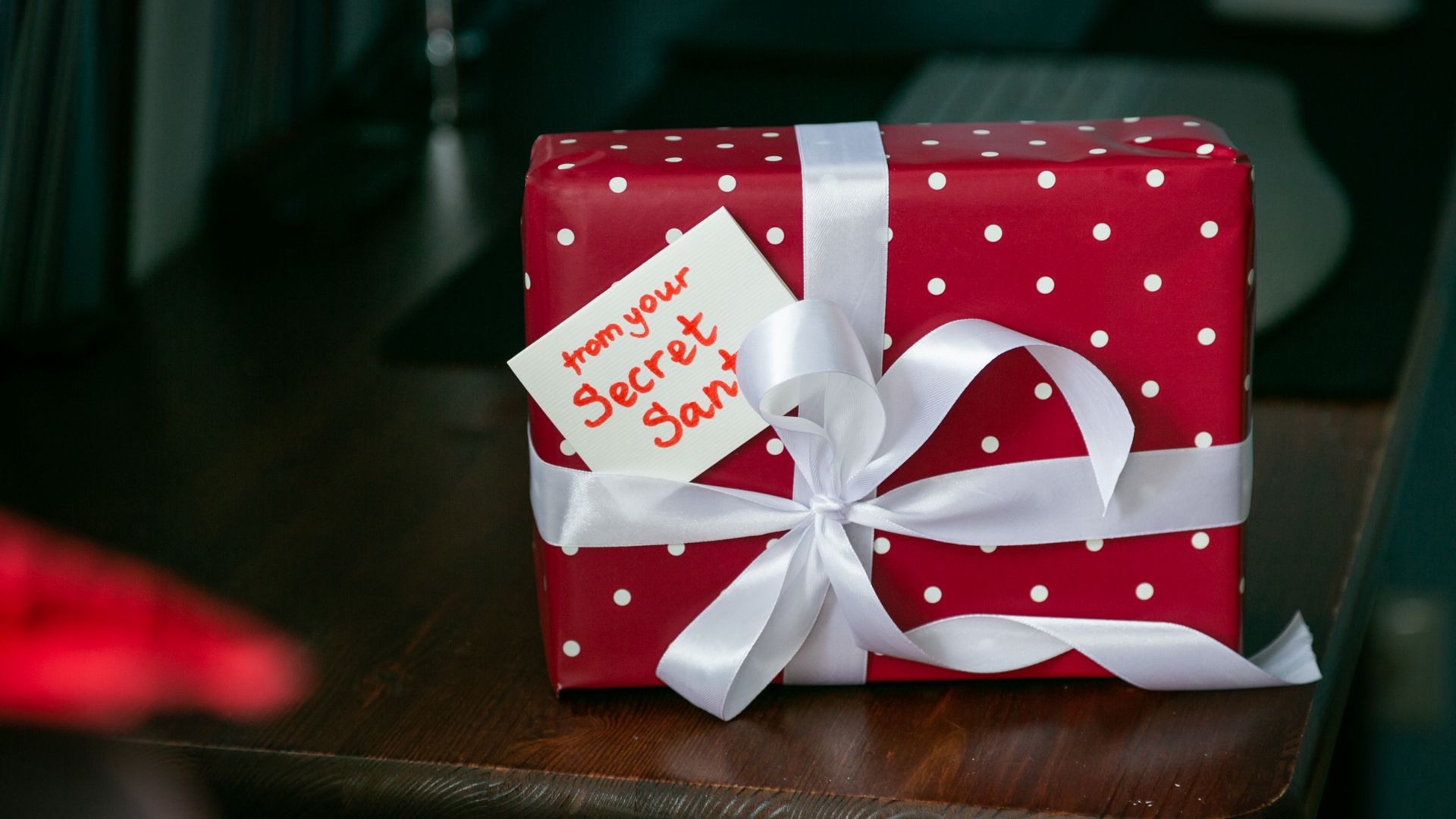A Secret Santa-inspired scam is back again on social media for the holidays. There are many names for it, but it’s commonly referred to as the “Secret Sister” or “Secret Santa Dog” gift exchange. It’s not all fun and games as the name suggests. In fact, it’s illegal.
How Does the Scam Work?
You’ll see the invitation to join this “Secret Santa gift exchange” either in your email or on social media. You are asked to provide your name, address, and other personal information, along with the details of a few friends who may be interested, and add this information to a list with other names of people on the internet.
To join the “gift exchange”, you are directed to purchase a $10 gift that will be sent to a stranger (or “secret sis”), and in return, you are promised to receive several gifts.
First, you’re told to send a gift to “sister No.1” or the person listed at the top of this list. Once you purchase and send the gift, it puts you on the list, supposedly so other people can buy you something, and then you’re instructed to invite your friends to join. The scam claims that you should receive 36 gifts in return, just from sending one gift.
Unfortunately, you’ll end up with just broken promises and zero gifts in return. You’ll be out not just your money, but personal information as well.
This trend has been seen since 2015 on Facebook and has re-emerged over the years on various other social media platforms, such as Facebook, Instagram, and TikTok.
There are other variations of this scam that are popping up too. You may be asked to transfer some money instead of a gift, as a “pay it forward” scheme. However, no matter which name you pick from the list, it’s really all just going to the scammer.
Another variation involves exchanging bottles of wine or bourbon, or the “Secret Santa Dog” scheme to send a $10 gift to a “dog”, so be aware that these scammers are getting creative (there are also scammers using generative AI).
Remember, you’ll receive no gifts in return since this giveaway isn’t real. It’s an illegal pyramid scheme that relies on people to keep it going.
How to Protect Yourself and Others From the Scam
If you see a scam on social media, report it on the platform immediately. If you see a scam on Facebook, for example, reporting it can help protect others from falling victim. Facebook then reviews the reported content, and if it’s a scam post, it will get removed. You’ll also receive feedback on your report to see what action was taken.
Never give your personal information to strangers online. Be careful about the information that you make public. Remember, cybercriminals can find out a lot about you just from an email address.
The victims in this scam end up giving the scammer personal information, including their full name, address, email address, phone number, and sometimes even more. Don’t underestimate the data you share online, as you may be targeted for future scams. Cybercriminals can also use identifying information for identity theft, spear phishing attacks, and even manage to gain unauthorized access to your accounts.
Finally, do not fall for false claims. Some schemes, including pyramid schemes, may try to appear real and legal by claiming to be endorsed by the government. No matter what they claim, you’ll be the one losing out in the end.
Stick to enjoying a Secret Santa with your friends and family, or colleagues at work. Avoid participating in these “gift exchanges” online and be wary of other common holiday scams, even if they may appear legitimate. If the offer seems too good to be true, it most likely is.





